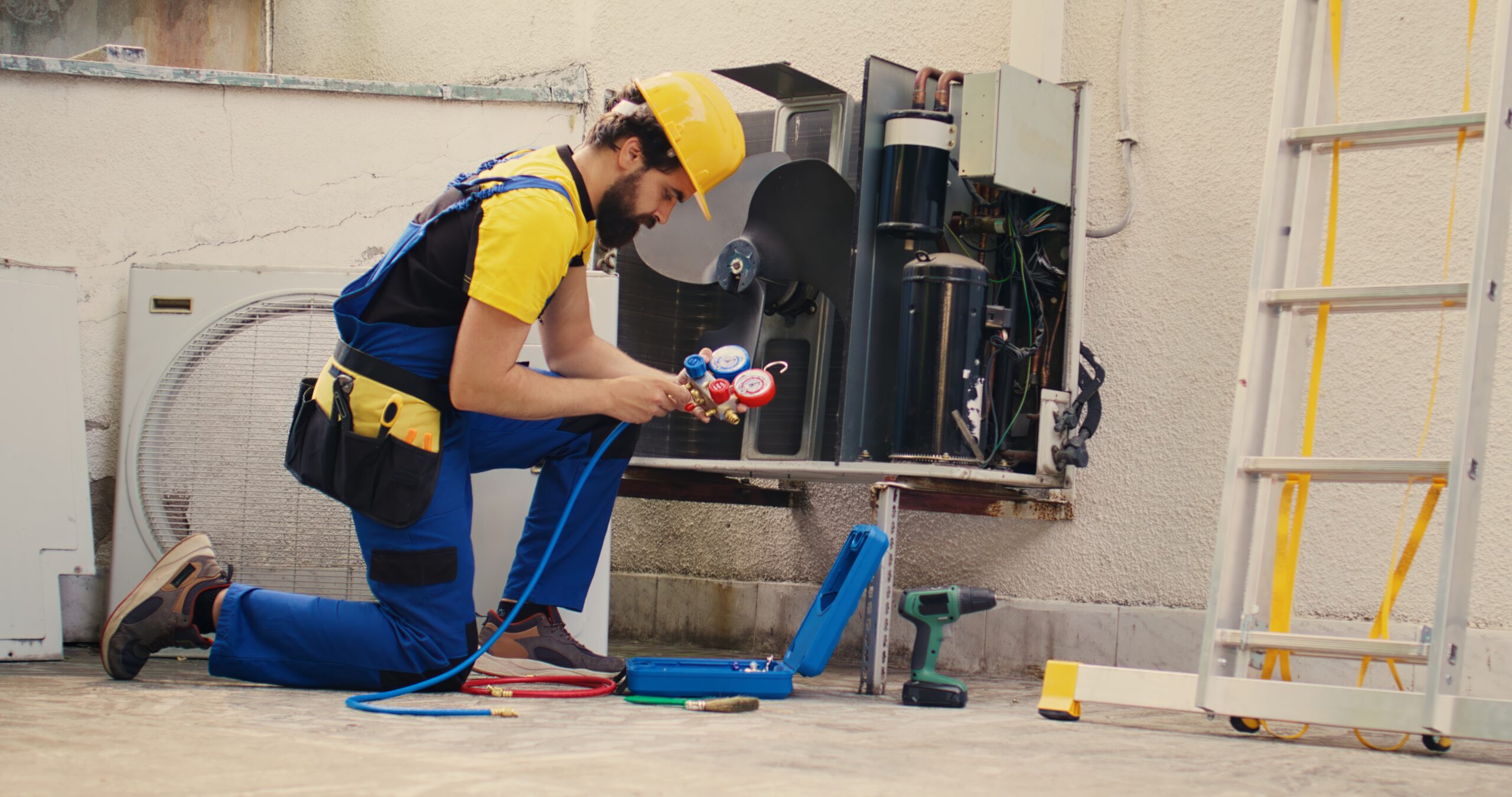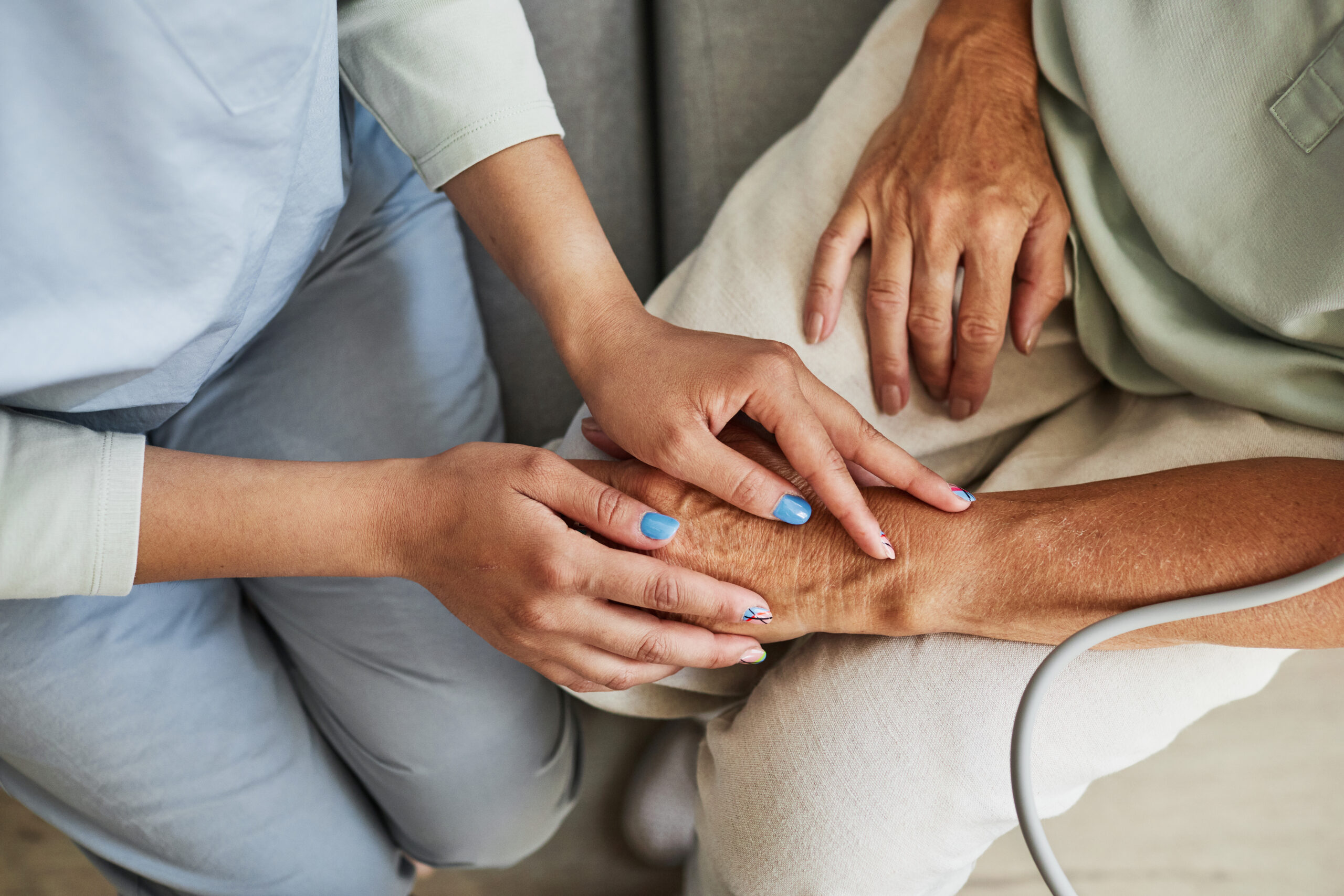If you’re living with social anxiety, you’re not alone. According to Harvard Medical School, social anxiety disorder (also known as social phobia) is one of the most common mental health conditions, affecting approximately 7% of Americans each year.
While social anxiety may be dismissed as shyness, living with social anxiety disorder can cause excessive anxiety that disrupts your work performance, academics, and relationships. From medication to psychotherapy, here’s what you need to know about professional social anxiety treatment.
Cognitive-Behavioral Therapy

Cognitive-behavioral therapy (CBT), a form of psychotherapy, is used to treat a wide range of mental health conditions. Research has shown that CBT is an effective treatment for anxiety disorders, including social anxiety disorder.
During CBT, you’ll work alongside your therapist to identify problematic beliefs and negative thoughts. Using proven techniques, you’ll learn how to replace these negative patterns with more realistic views. From overcoming guilt and embarrassment to learning how to become more assertive, CBT can help improve your quality of life and feel more comfortable during social interactions.
Exposure Therapy
Exposure therapy is a form of cognitive-behavioral therapy commonly used to treat individuals with phobias, post-traumatic stress disorder (PTSD), and panic disorder. One specific type of exposure therapy, flooding therapy, aims to help reduce fear and decrease avoidance of feared objects, activities, and particular situations in a safe environment, according to the American Psychiatric Association.
For individuals with social anxiety, different types of flooding techniques can help reduce anxiety in social situations. For example, flooding may involve attending a get-together with your mental health professional by your side.
Social anxiety is commonly characterized by a fear of being judged or ridiculed by other people in social situations. Although facing your fears can seem daunting, working with an experienced therapist can improve your quality of life and help you overcome your social anxiety.
Anti-Anxiety Medications
As popular treatments for social anxiety disorder, selective serotonin reuptake inhibitors (SSRIs) and serotonin-norepinephrine reuptake inhibitors (SNRI) can provide relief from the physical symptoms of anxiety. Meanwhile, beta-blockers and benzodiazepines are recommended for individuals with a specific social phobia, such as public speaking.
Over time, psychotherapy and medication may be equally effective. However, research suggests that while medication works faster to treat the symptoms of anxiety, psychotherapy offers long-term mental health benefits. Although most social anxiety research has been conducted among adults, the same types of medication and psychological therapy appear to work the same for children and adolescents.
Relaxation Techniques

Relaxation techniques are an important component of behavioral treatments for anxiety disorders, especially for social anxiety disorder. For example, if you have performance anxiety, part of your treatment plan may involve practicing muscle relaxation and deep breathing while imagining yourself performing in front of others.
While relaxation techniques are typically part of a comprehensive treatment plan, there are some strategies you can practice at home, including guided imagery, imaginal exposure, and progressive muscle relaxation. Relaxation techniques can help you visualize feared situations, reduce your level of anxiety, and practice positive self-talk.
Lifestyle Changes
Social anxiety disorder generally requires help from a qualified mental health professional. However, making small changes to your lifestyle can help you better cope with situations that are likely to trigger your anxiety symptoms.
Some lifestyle changes shown to reduce anxiety levels include exercising on a regular basis, getting enough sleep, and eating a balanced diet. Additionally, making an effort to participate in social situations can help you learn how to cope with the symptoms of social anxiety. If you’re not sure how to start, try reaching out to people you feel comfortable with or joining a social anxiety support group.
If left untreated, social anxiety disorder can take a serious toll on your social life and mental health. Fortunately, social anxiety is highly treatable with a combination of psychotherapy and medication. If you’re struggling with social anxiety symptoms, the first step to feeling better is to reach out to a licensed mental health professional to discuss your treatment options.


















